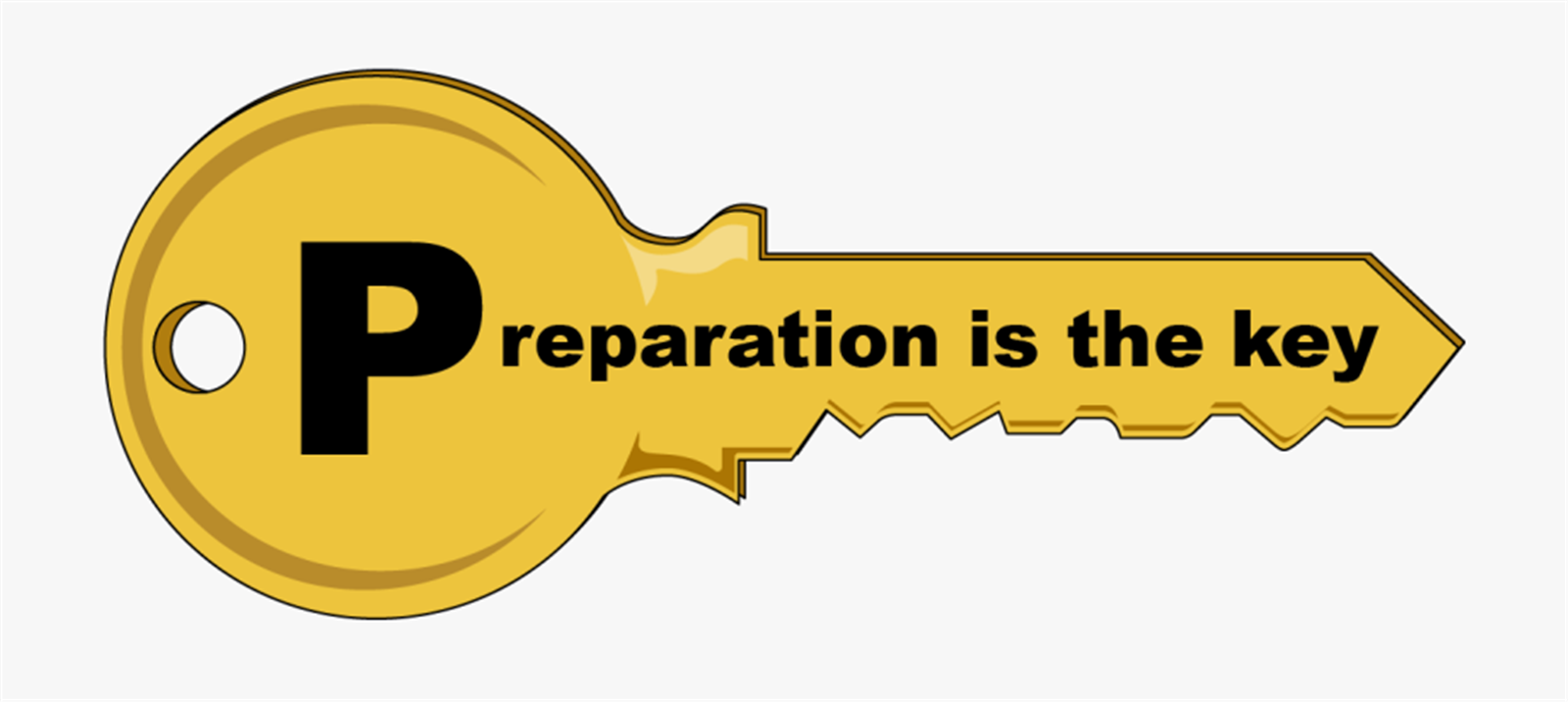
Whether you're managing it, pitching it or making it, music has its fair share of challenges. In the midst of the ups and downs sync licensing has emerged as the most lucrative part of the business. The big question is how can you get your songs licensed into the multitude of productions being made these days?
Perfect Preparation Prevents Piss Poor Performance
Let's have a closer look at the above statement – It all begins with a great track but what else needs to be done before trying to get sync deals? It doesn't matter the size of the catalog you're working with or what position you hold, all that matters is that you have worked out the WHO, WHY, WHAT, HOW and WHEN. If you take the time to answer all of these then you're heading in the right direction.
The WHO can be ticked off pretty quickly with a world class contact database of music supervisors. An up-to-date 2022 music supervisor contact list is the life blood of any person wanting to get in the sync game. Knowing which music supervisor works on which show or brand is imperative. Having access to the world's leading music supervisor directory is going to give you a head start.
When you work out WHY you are reaching out to someone, it allows you to create a personalized and tailored email / phone pitch that will allow you start a working relationship. Presenting the right kind of music will always increase the chances of getting your music heard. Start by doing simple things like watching and listening to TV shows that you want to pitch to or listening to the songs/music that brands are using in their commercials. There are some great sites that can tell you the songs that are placed in TV shows such as tunefind, what-song or Spotify. Adtunes is also a great resource to find out music in commercials and movie trailers.
WHAT you pitch is more important than ever, sure the songs need to be great and sonically amazing but they need to have full metadata. When I say full I mean load the tracks up with everything you can, not just ownership, contact and PRO details but themes and lyrics. Music supervisors need to be able to search keywords and if your tracks are littered with keywords then your songs will result when they are looking for songs for specific cues.
Having instrumental edits can double your chance of not just getting more sync deals but can be the difference between getting a sync and not getting a sync placement especially with trailers.
When presenting to ad agencies it's a great idea to create a timestamp in the song so you can pinpoint the exact area of the song that you feel fits their brand. This can be done in iTunes > right click on the song > song info > options
The HOW doesn't need to be complicated but it does need some business savvy. Writing a simple but effective email with an attention grabbing subject line can garner someone's attention but it's in the follow up that truly gets peoples attention.
Never 'batch and blast' emails to groups of people - it 100% DOESN'T work. Connecting is a process that takes patience and persistence – the key is to be consistently good at contacting people, not inconsistently great.
First-Contact emails should show them that you have done the work and are worthy of their attention.
The WHEN is also important and changes depending on whether you're pitching for TV, Film, Advertising, Commercials, Video Games or Trailers. For example you should be pitching your songs up to 12 weeks prior to network and cable TV shows going to air but streaming services are 6 to 12 months before being made available. The goal of pitching early for shows is to get your songs into the Go-To music files of music supervisors. Commercials are a totally different story because campaigns are constantly being produced and music is always required – the key here is it begin by understanding a brands sound and pitching accordingly.
"When it comes to luck you make your own."- Bruce Springsteen
If you need the World's Leading Music Supervisor Contact Directory then click here…